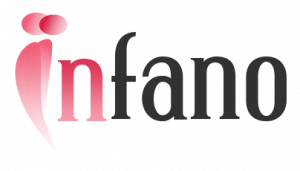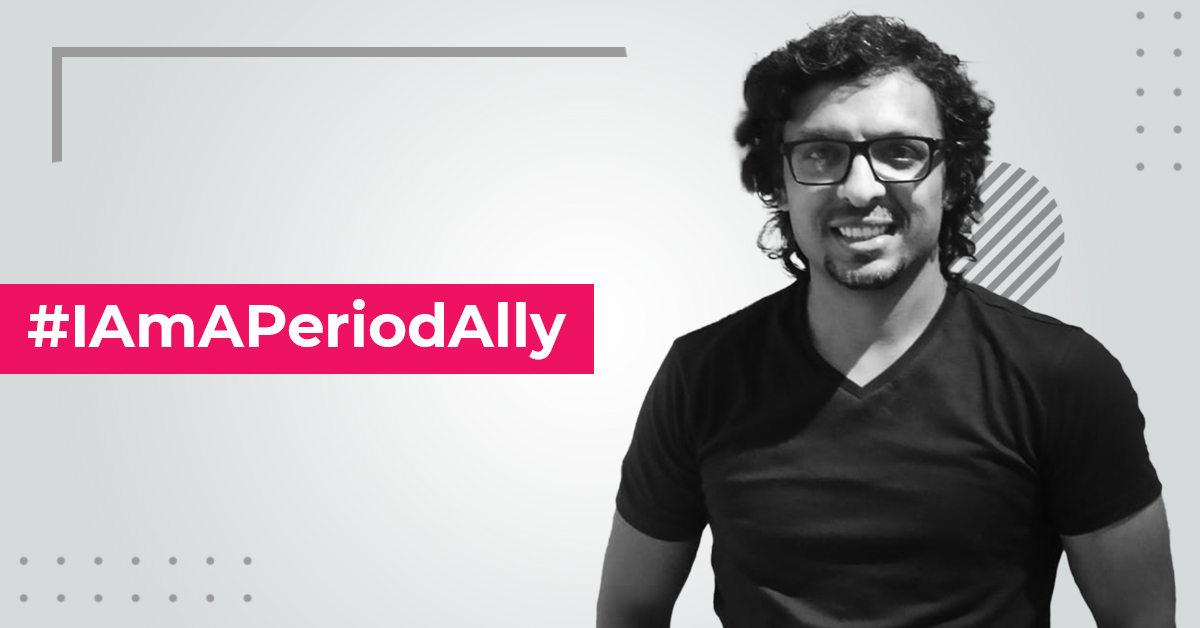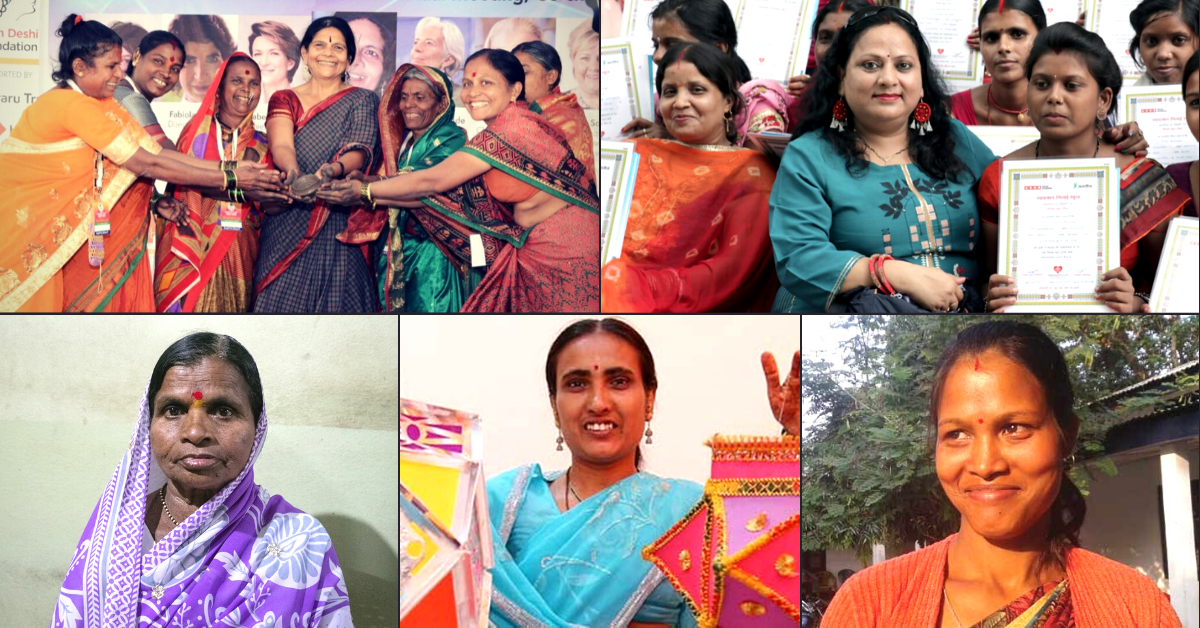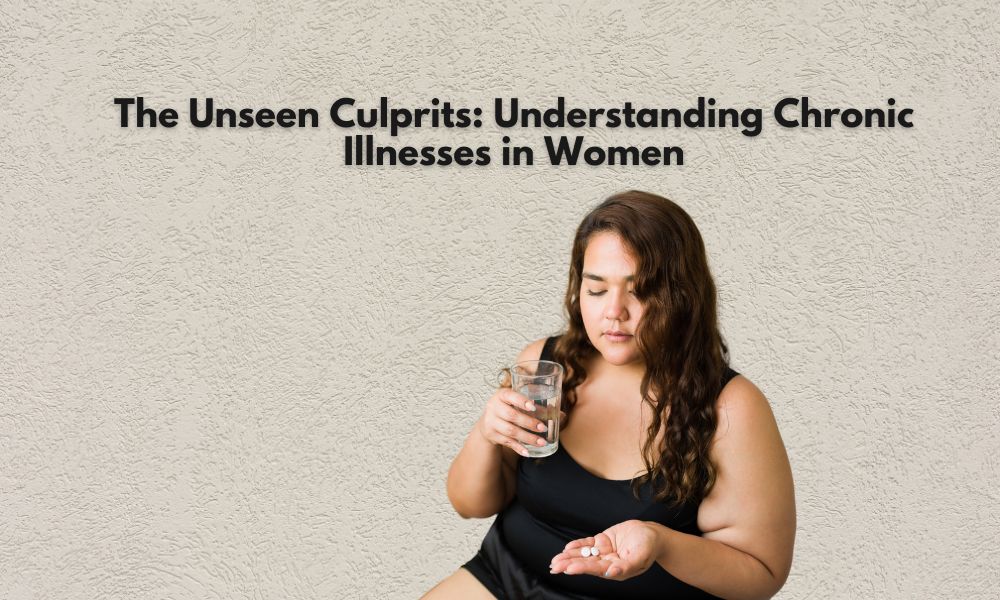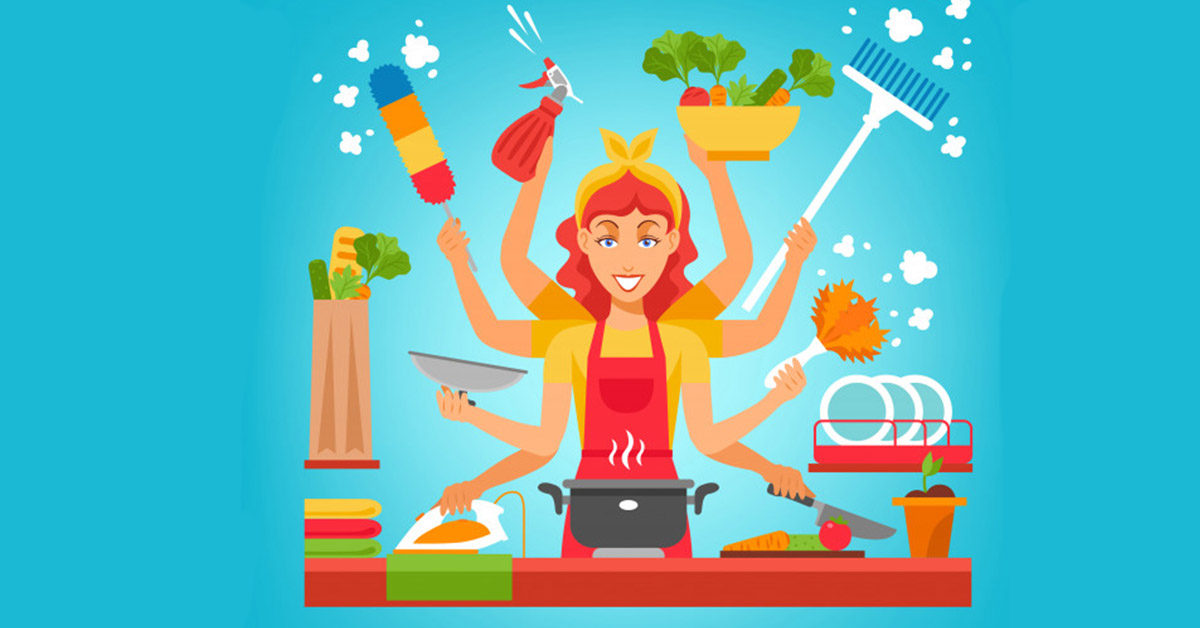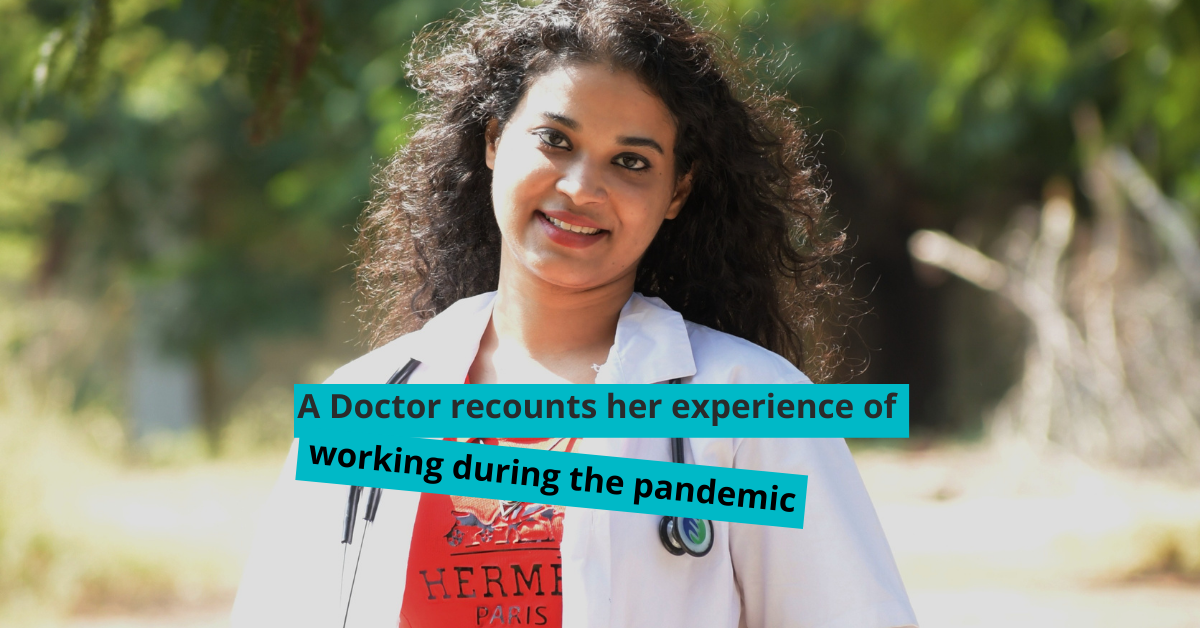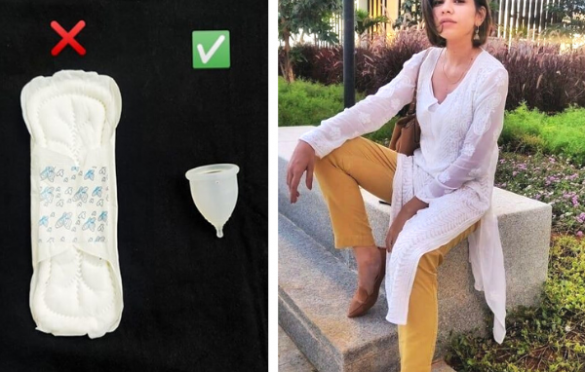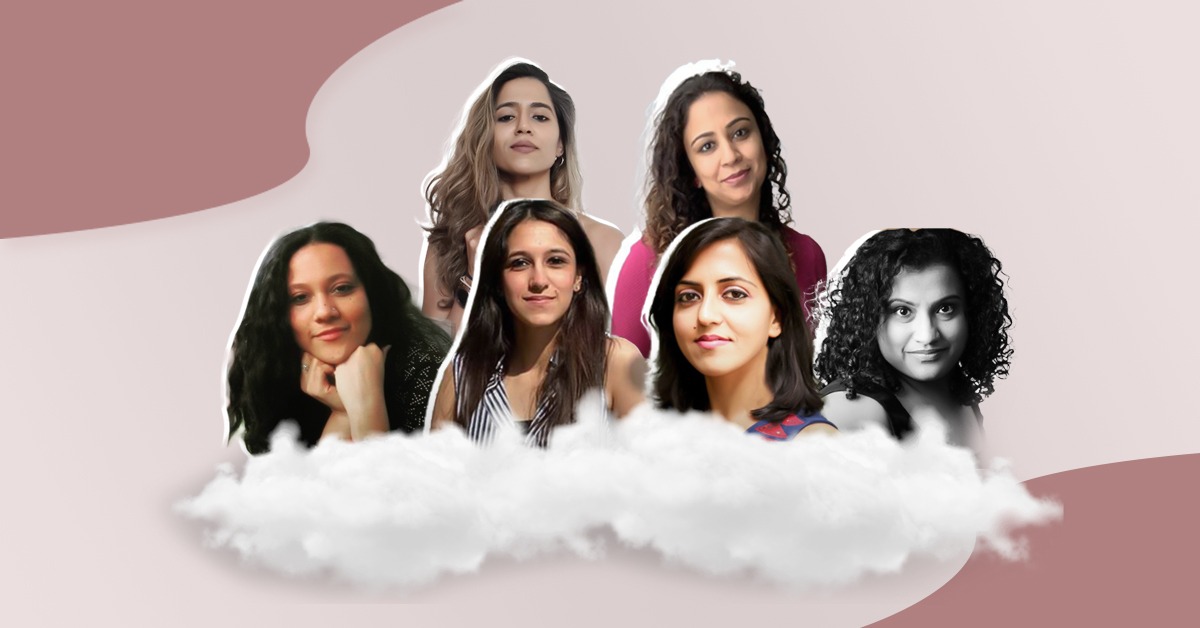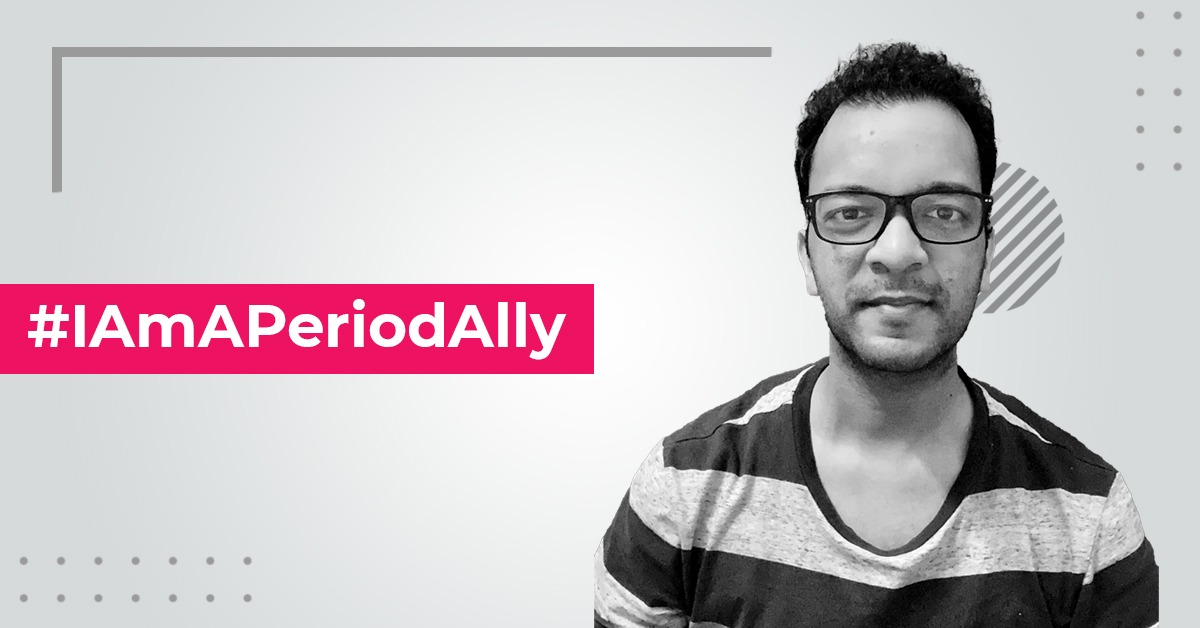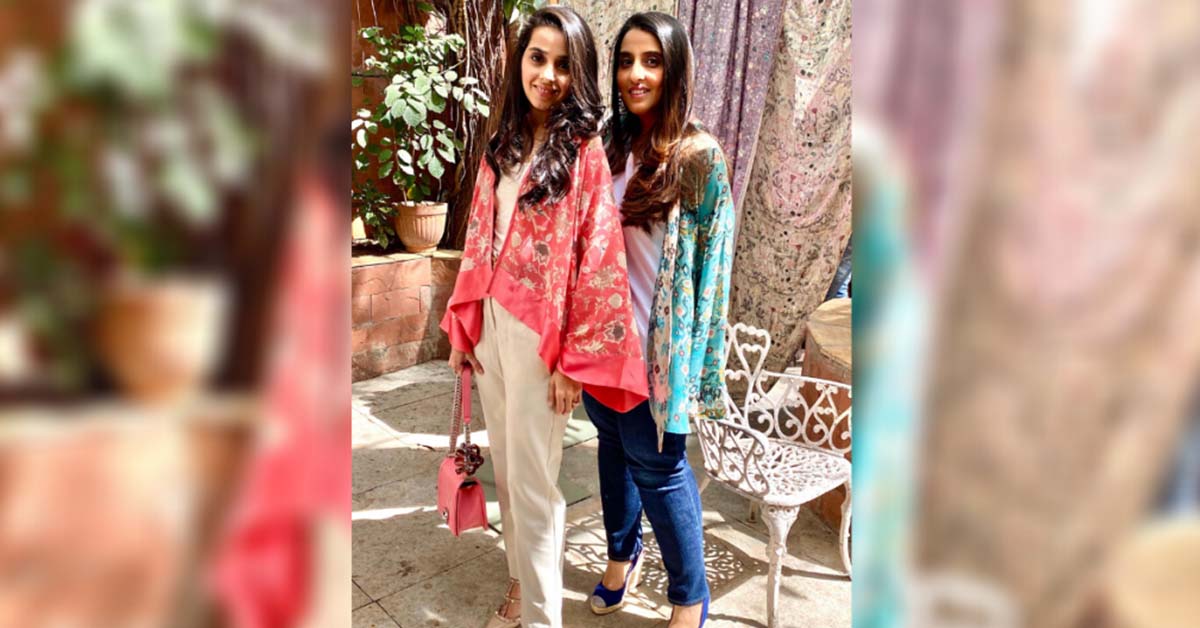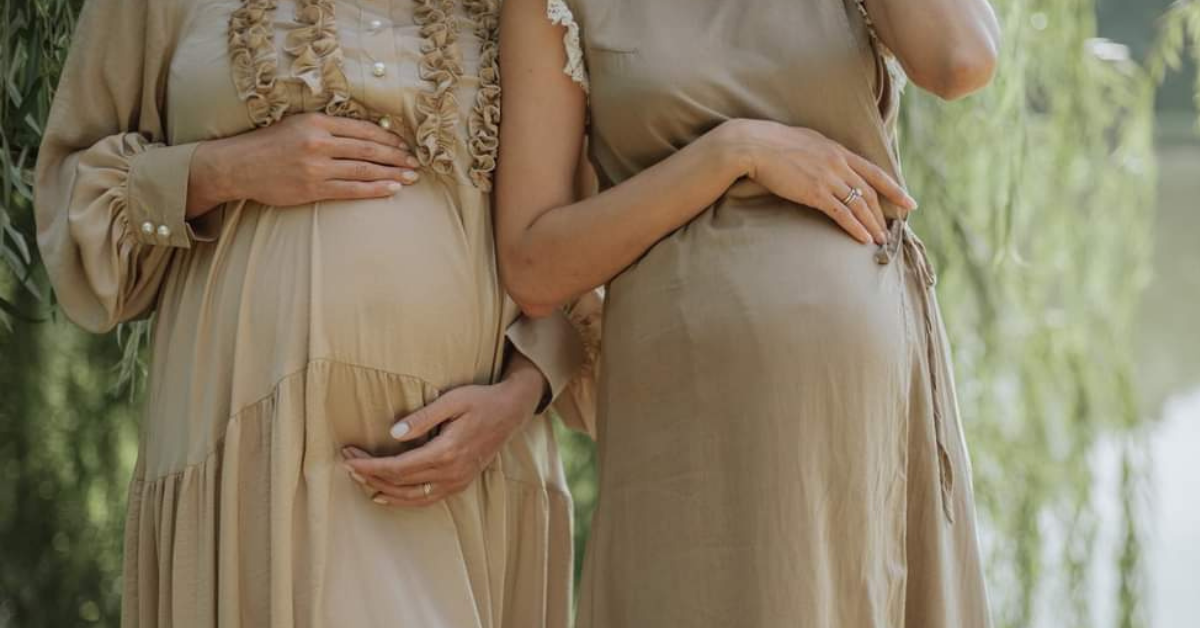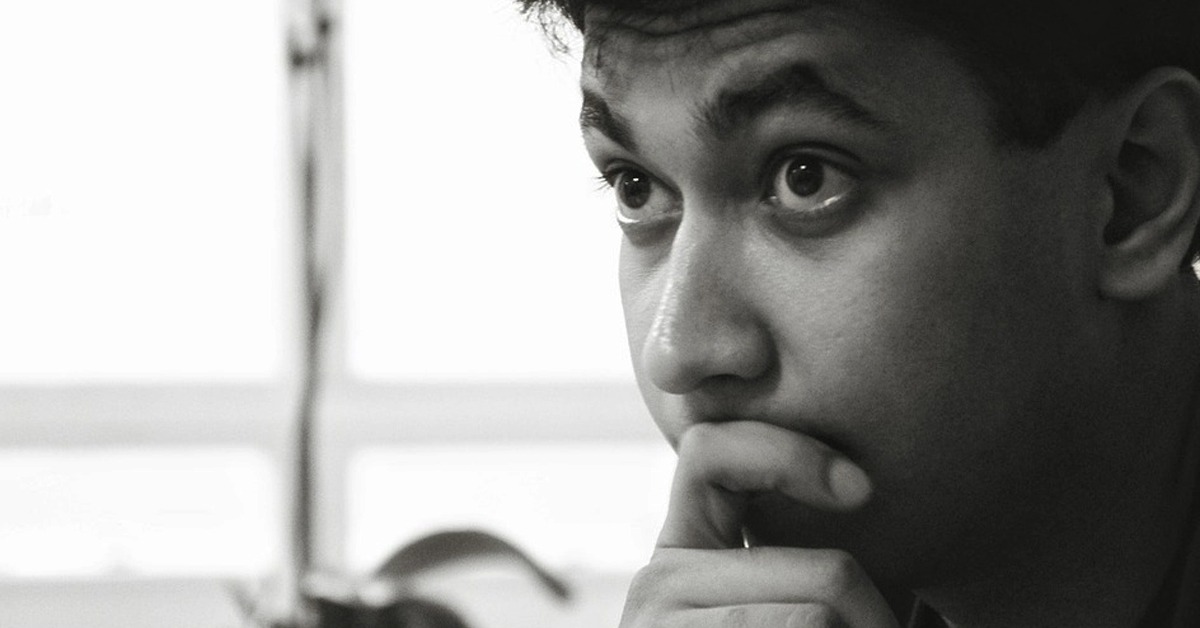At fourteen years young when teenagers are dabbling with modern paraphernalia, Anurag Chauhan found his calling in social service. By the time he was twenty, Anurag had founded a non-government organization, Humans for Humanity in his home town Dehradun to bring awareness about menstruation, health, hygiene among women across India. At twenty-one, he launched the WASH project on Women, Sanitation, Hygiene, which educates rural women about Menstrual hygiene and provides training to them for making biodegradable sanitary napkins.

Had his mother discouraged him from playing with her sanitary pads saying, “Don’t touch that, it’s a ladies thing”, Anurag probably wouldn’t have been honored with the International Women Empowerment Award by the Ministry of Women and Child Development, Ministry of Drinking Water and Sanitation, Government of India and UNICEF in 2019. Instead, his mother chose to educate her son about what sanitary pads and periods were all about. This made all the difference for him growing up as an empathetic young man.
However, the turning point of working in this area came after reading an article written about deaths caused due to lack of menstrual hygiene. “I read a report stating that over 1,50,000 women in India die every year, due to menstruation-related problems. I was shocked at this statistic,” says Anurag. He started with awareness sessions and started distributing low-cost eco-friendly sanitary napkins for free. His cause received support from actress Twinkle Khanna.
But what bothered him was till when one could give something for free. “Today, we train women to make biodegradable sanitary cloth pads at an affordable cost”, says Anurag. “The women-centric workshop is headed by experienced doctors to make women aware of the biological reasons behind menstruation, stages from teenage to menopause, and other hormonal changes”.
Anurag’s organisation runs awareness programs in many villages, slums, schools, and colleges of Uttarakhand, Delhi, Rajasthan, Uttar Pradesh, Maharashtra, and Karnataka.
In the community, counseling is provided to women in need who are dealing with menopause. With a separate team of nutritionists, the workshop provides information related to the importance of a healthy diet and food. Affordability and quality are the two big concerns in sanitary napkins.
“For me, quality remains a very important factor even while making cost-effective sanitary products because I would never want to give another woman a substandard product that I would hesitate to give my own mother or sisters”, says Anurag.
Therefore, the organization trains women on how to make good sanitary napkins in their homes. It also covers the adverse effects of poor menstrual hygiene and spreads awareness about the proper disposal of napkins in the waste bin.
The WASH Project
Today The WASH project started by Humans For Humanity has reached over 1.5 million women in over 6 states in India in the last 5 years, as of October 2020. However, HFH is not restricted to just the WASH project. In May 2016, they launched an initiative called ‘Stree-The Woman’, a one-day event that focuses on self-growth, self-empowerment and self-love which was attended by renowned personalities.
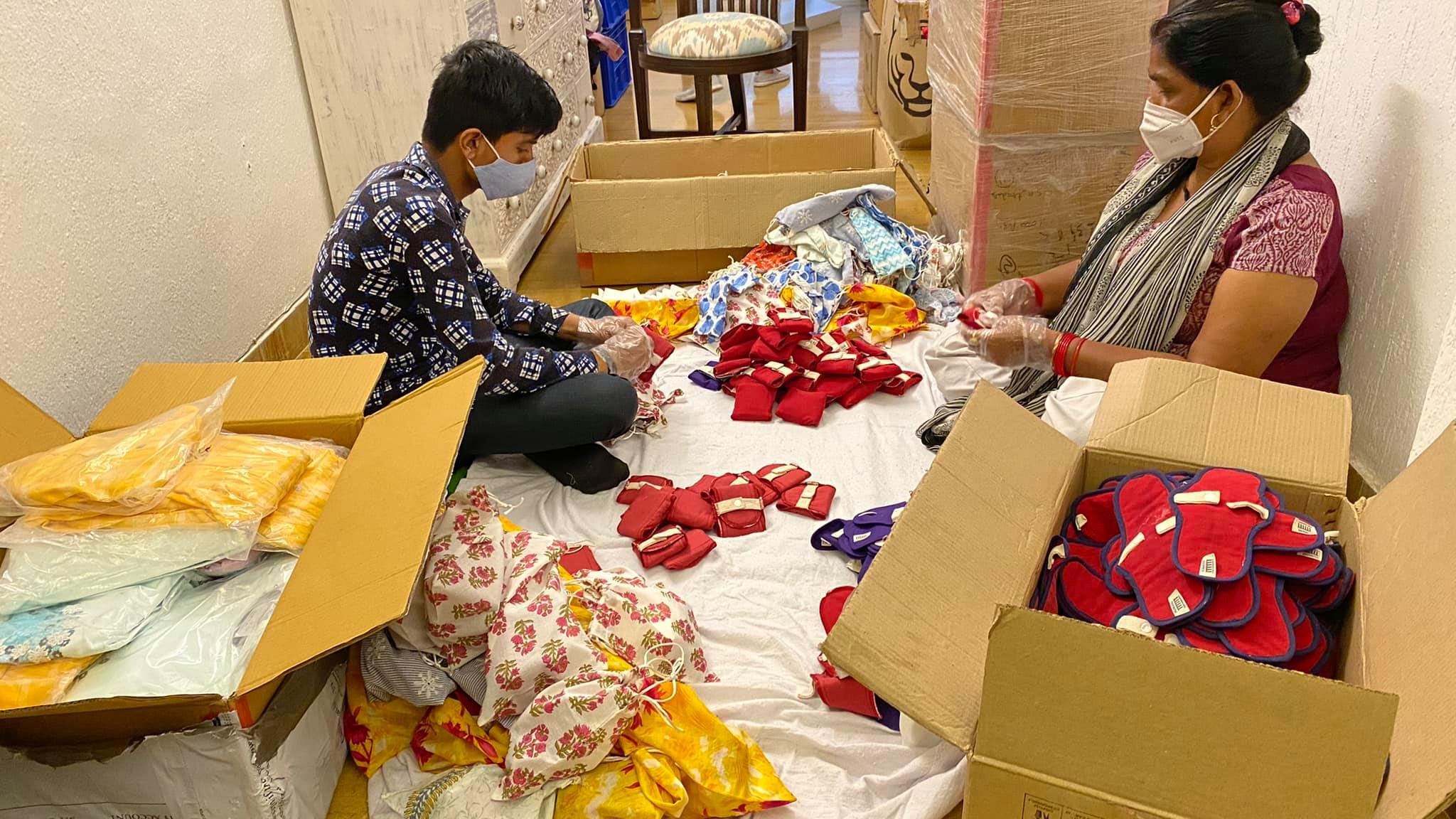
In the year 2018, the organization started a new campaign named ‘Breaking the Bloody Taboo.’ The main aim of this campaign is to stop the old-age taboo against women.
In one of the campaigns in Rajasthan, the team members of Humans For Humanity organized a sessions with young girls and women of menstruating age where they even talked about the importance of holy plant Tulsi and were handed over a few leaves to women and asked them to nurture the sampling and observe the results after a month.
“I am sometimes shocked at the lack of menstrual awareness and menstrual literacy that women have. A 40 year old woman, married, was not aware that menstruation was restricted to bodies with the female reproductive system. She assumed it is something all humans go through, and thought probably her husband bled too but hid it from her as she did from him”, shares Anurag. “These are the kinds of myths we aim to dismiss”.
In 2020, Humans For Humanity launched ‘Red Cloth Campaign’ during the COVID-19 pandemic, to spread awareness about menstruation and bust the taboos. Actor Lisa Ray and singer Shibani Dandekar, Kirti Kulhari, Kubra Sait, Divya Seth supported the campaign along with thousands of social media users.
A Saviour Amidst The Pandemic
During the difficult times of nationwide lockdown in India, Humans for Humanity came forward to help women and train them to make hygienic sanitary napkins at home safely. Thanks to this project, during the scarcity of sanitary napkins during the lockdown, the seeds of WASH project he had sowed in the various states helped him procure 50,000 plus pads for distribution in Delhi. The initiative has made hundreds of women financially independent and empowered.
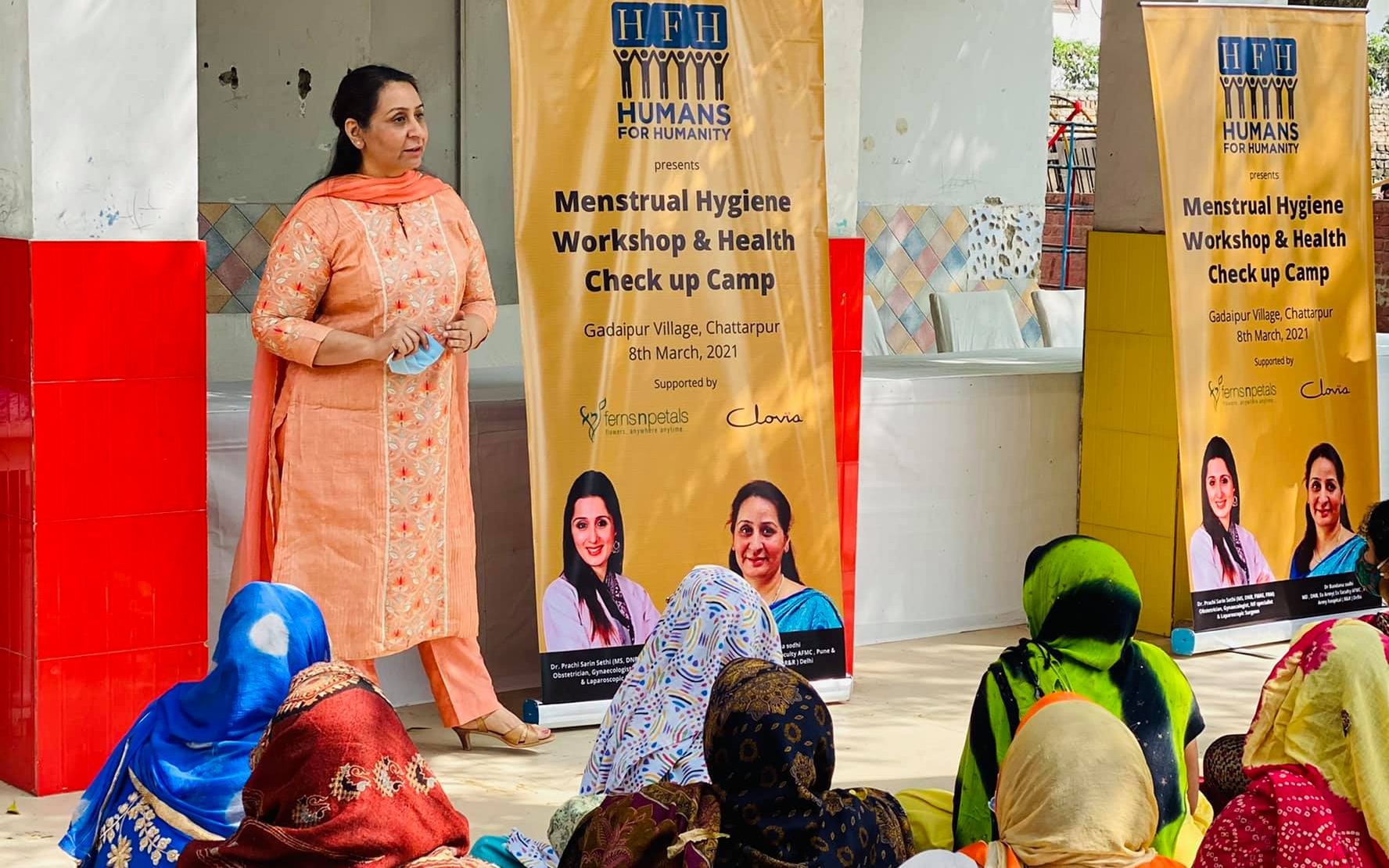
Their future plans include setting up machines that make eco-friendly bio-degradable sanitary pads from bamboo plants. This will be set up in villages and provide employment to many women making them self-reliant and financially independent.
“We talk about eco-friendly and sustainable products but in villages with a scarcity of water, water is an important resource and hence cloth pads fail the cause. Hence we are working on products that will be eco-friendly in the true sense”, adds Anurag.
Anurag’s project also extended to art classes in some schools where some classes were taught to make sanitary cloth napkins. This brought up a discussion among the class of boys and girls on what the whole thing was about therefore bringing out the subject up and breaking the gender barrier.
This Padman from Delhi is an example of how the youth of India are breaking the stereotype associated with menstrual hygiene by touching the lives of those who need awareness and education with a will to bring a positive change. Being bullied for his gender while working for a cause that largely relates to women, Anurag Chauhan says it does bring him down and affect him many times. But when he thinks of the larger good that is being done it’s nothing in comparison to that joy.
